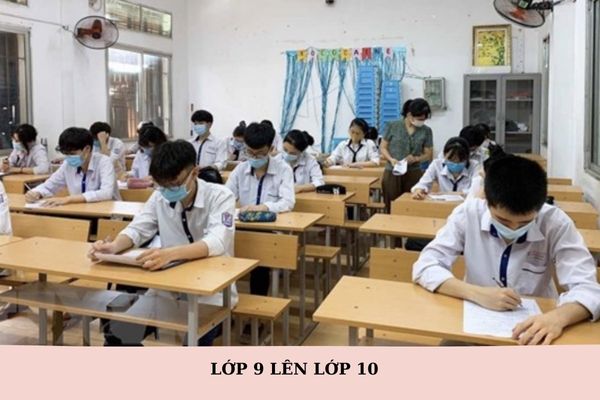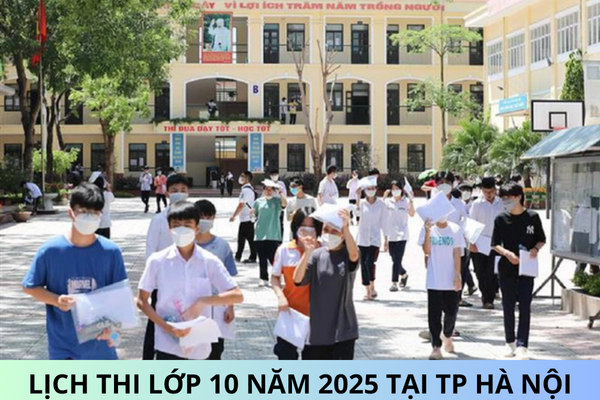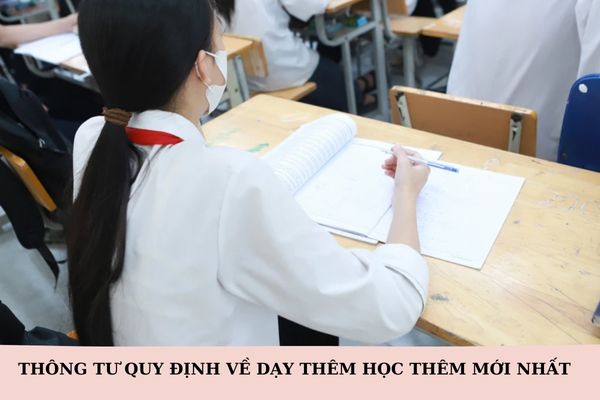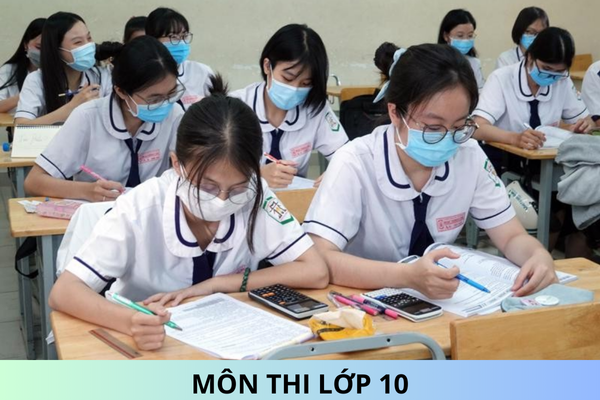Minimum Admission Scores for the University of Economics and Law - Vietnam National University Ho Chi Minh City, 2024
Admission Base Scores for University of Economics and Law - VNUHCM in 2024?
The University of Economics and Law (Vietnam National University Ho Chi Minh City) has announced the admission base scores for the regular undergraduate enrollment program in 2024, which is 21 points (applicable for method 2, method 3 of all majors and selection combinations).
Candidates eligible for admission by this method must have a graduation exam score from high school in 2024 for the subjects in selection combinations A00, A01, D01, or D07 reaching 21 points or higher to be officially admitted to the University of Economics and Law (Vietnam National University Ho Chi Minh City).
Can students who met with a serious accident and cannot join on time have their university admission results deferred?
According to Article 10 of the University Admission Regulations and College Admission Regulations for Preschool Education, issued together with Circular 08/2022/TT-BGDDT, the rules for deferring admission results are as follows:
Deferring Admission Results
- Candidates who have received an admission notice may defer their admission results in the following cases:
a) Military service duty or youth mobilization immediately in the year of admission according to a decision or order from a competent authority;
b) Severe illness or serious accident preventing timely enrollment, with medical records and confirmation from an authorized medical agency.
Candidates falling under the regulations in clause 1 must send a deferment request along with supporting documents to the educational institution calling for enrollment. The maximum deferment period is determined by the educational institution, but cannot be less than 3 years for those stipulated in point a, clause 1 of this Article.
As soon as conditions allow for resumption of studies, the candidate with deferred admission results must complete the enrollment procedures as per the educational institution's regulations, providing proof of task completion or medical recovery. For cases with a deferment period of 3 years or more, as per clause 1 of this Article, the educational institution will consider recommending preparatory classes before official enrollment.
Thus, a candidate who met with a serious accident preventing timely enrollment will have their university admission results deferred according to legal regulations.
Admission base scores for University of Economics and Law - VNUHCM in 2024 (Image from the Internet)
Who are involved in the high school graduation exam essay re-examination committee?
Based on clause 1, Article 32 of the High School Graduation Examination Regulations issued with Circular 15/2020/TT-BGDDT, the regulations are as follows:
Re-Examination Committee
1. The composition of the Re-Examination Committee for essay papers is similar to the composition of the Essay Grading Committee as outlined in clause 1, Article 26 of these regulations; the composition of the Re-Examination Committee for multiple-choice papers is similar to the composition of the Multiple-Choice Grading Committee as outlined in clause 1, Article 28 of these regulations. Individuals who participated in the Test Code Committee and Essay Grading Committee are not allowed to participate in the Essay Paper Re-Examination Committee; those who participated in the Multiple-Choice Grading Committee are not allowed to participate in the Multiple-Choice Paper Re-Examination Committee.
Based on clause 1, Article 26 of the High School Graduation Examination Regulations issued with Circular 15/2020/TT-BGDDT, amended by clause 11, Article 1 of Circular 05/2021/TT-BGDDT, the regulations are as follows:
Essay Grading Committee
- Composition:
a) The Head of the Essay Grading Committee is concurrently the leader of the Examination Council; Deputy Heads of the Essay Grading Committee are leaders of the departments under the Department of Education and Training and secondary schools, in which the standing Deputy Head is the head of the Examination Management Division or the division managing secondary/continuous education under the Department of Education and Training;
b) A Deputy Head with expertise relevant to the essay paper assigned concurrently as head of the subject grading;
c) The Essay Grading Committee includes at least two Grading Teams under the management and direction of the head of the subject grading; each Grading Team has a Team Leader and grading officials (CBChT) who are officials and public employees, teachers who are directly teaching the relevant subject; members of the Secretary Committee and Test Code Committee of the Examination Council do not participate in grading;
d) Police, security, medical, and service staff.
Thus, the Re-Examination Committee for high school graduation essay papers includes:
- The Head of the Essay Grading Committee, who is concurrently the leader of the Examination Council; Deputy Heads of the Essay Grading Committee are leaders of the departments under the Department of Education and Training and secondary schools, in which the standing Deputy Head is the head of the Examination Management Division or the division managing secondary/continuous education under the Department of Education and Training.
- A Deputy Head with expertise relevant to the essay paper assigned concurrently as head of the subject grading.
- The Essay Grading Committee includes at least two Grading Teams under the management and direction of the head of the subject grading; each Grading Team has a Team Leader and grading officials who are officials and public employees, teachers who are directly teaching the relevant subject; members of the Secretary Committee and Test Code Committee of the Examination Council do not participate in grading.
- Police, security, medical, and service staff.
What levels of education and training are included in the national education system?
Based on clause 2, Article 6 of the Education Law 2019, the national education system is regulated as follows:
National Education System
The national education system is an open, interlinked system comprising formal education and continuing education.
Levels of education and training in the national education system include:
a) Preschool education comprises nursery and kindergarten education;
b) General education comprises primary education, lower secondary education, and upper secondary education;
c) Vocational education comprises elementary level, intermediate level, college level, and other vocational training programs;
d) Higher education comprises undergraduate level, master's level, and doctoral level.
Thus, the national education system includes the following levels and training:
- Preschool education comprises nursery and kindergarten education;
- General education comprises primary education, lower secondary education, and upper secondary education;
- Vocational education comprises elementary level, intermediate level, college level, and other vocational training programs;
- Higher education comprises undergraduate level, master's level, and doctoral level.











